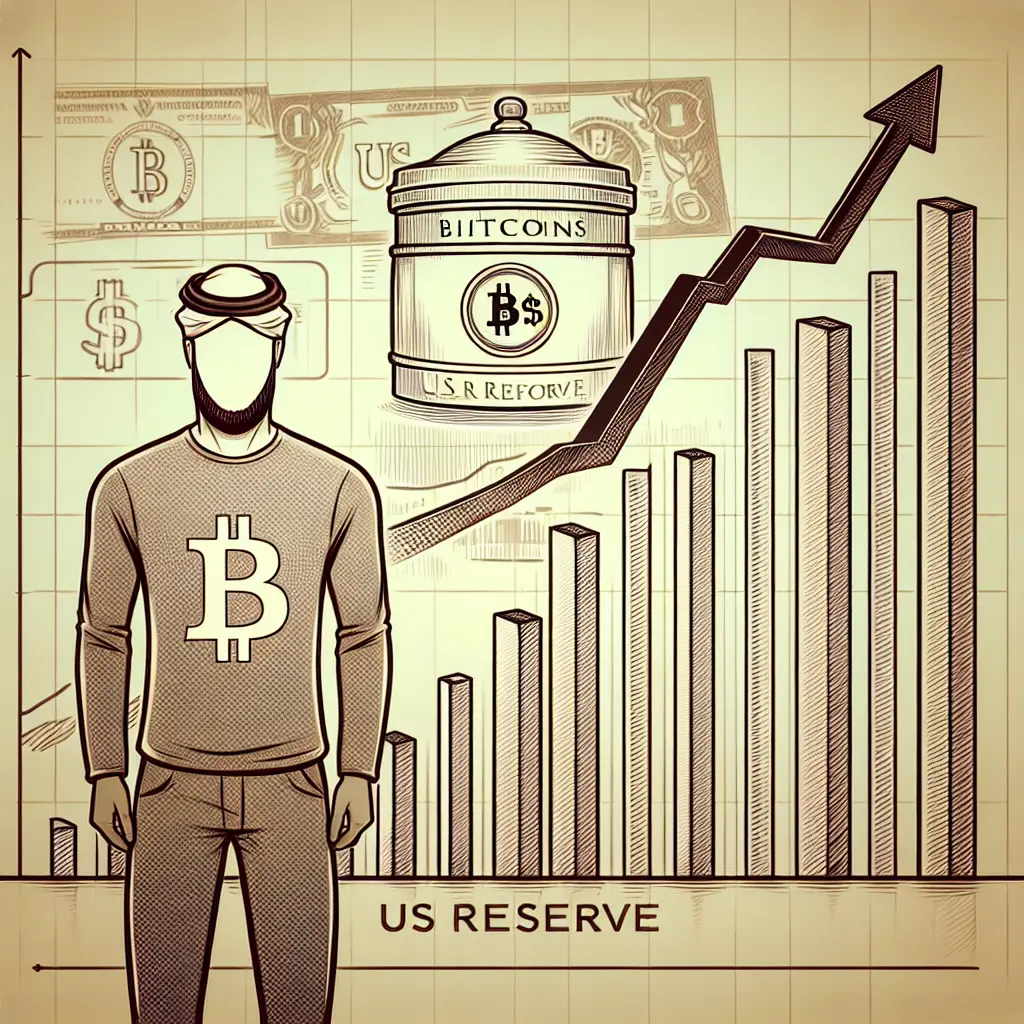In the ever-evolving landscape of global commerce, Bitcoin is emerging as a transformative force in revolutionizing the supply chain, particularly with regard to ethical sourcing. As industries grapple with increasing demands for transparency and sustainability, the integration of Bitcoin in logistics and finance is proving to be a game-changer. The Bitcoin supply chain model offers unparalleled traceability and transparency, essential for verifying the ethical origins of products. By leveraging blockchain technology, companies can ensure that their sourcing practices meet ethical standards, ultimately fostering a more sustainable supply chain.
This decentralized supply chain approach empowers businesses to implement Bitcoin traceability, providing consumers with insight into the journey of their products from origin to shelf. With blockchain ethical sourcing, organizations are not only enhancing their credibility but also aligning with consumer expectations for transparency in finance and business operations. The impact of cryptocurrency in the supply chain extends beyond mere logistics; it is reshaping the very foundations of trust and accountability in global trade.
Bitcoin's role in sustainable finance and ethical sourcing is more than just a technological advancement—it represents a shift towards financial transparency with Bitcoin, bolstering corporate social responsibility initiatives. As blockchain technology becomes increasingly integral to supply chain strategies, its potential to drive ethical sourcing is undeniable. Delving deeper into the specifics of Bitcoin's influence on supply chains reveals how businesses can harness these innovations to achieve their sustainability goals. This exploration into Bitcoin and sustainable sourcing begins by examining its profound benefits and potential pitfalls in ethical sourcing.
As the world pivots towards greater transparency and sustainability, the intersection of Bitcoin technology and ethical sourcing is reshaping the global supply chain landscape. This transformation is driven by the decentralized nature of blockchain, which provides a robust platform for Bitcoin traceability and transparency. Here, we delve into how Bitcoin's integration into supply chain management is revolutionizing ethical sourcing, backed by recent developments and case studies.
In today's market, consumers are increasingly conscious of the origins and ethical implications of the products they purchase. This shift has placed pressure on industries to adopt ethical sourcing practices. Traditional supply chain systems often struggle with opacity, making it challenging to verify the ethical standards of sourcing. Enter blockchain technology, with its immutable ledger and decentralized structure, providing an ideal solution for enhancing supply chain transparency.
Blockchain Technology in Supply Chain
Bitcoin's blockchain technology facilitates a transparent and traceable supply chain model. Each transaction, from raw material acquisition to the final product on the shelf, is recorded on a blockchain. This level of traceability is crucial for ensuring that products meet ethical standards throughout their journey. For instance, Forbes reported that IBM's Food Trust blockchain network uses similar technology to improve food safety and transparency, underscoring the potential of blockchain for ethical sourcing.
Bitcoin traceability offers numerous benefits in ethical sourcing:
Enhanced Transparency: Blockchain's decentralized ledger allows all stakeholders access to real-time data about the product's journey, ensuring transparency in Bitcoin logistics.
Accountability: With every step recorded on the blockchain, businesses can hold each part of the supply chain accountable for ethical practices.
Case Studies: Cryptocurrency in Supply Chain
A compelling example of Bitcoin's impact on supply chains is Everledger, which uses blockchain to trace the provenance of diamonds, verifying their ethical sourcing and authenticity. This application demonstrates how blockchain transparency finance can be applied across industries.
Several companies have embraced Bitcoin technology to overhaul their supply chains:
De Beers and Tracr: De Beers has implemented a blockchain platform called Tracr to track diamonds from mine to retail. This initiative ensures that all diamonds are conflict-free and ethically sourced, setting a standard for blockchain ethical sourcing.
Walmart's Use of Blockchain: In collaboration with IBM, Walmart has successfully employed blockchain technology in tracking food products. By scanning product information stored on a blockchain, Walmart can quickly trace items back to their source, significantly reducing the time needed for food safety investigations.
Future Prospects and Innovations
Despite its potential, integrating Bitcoin into supply chains is not without challenges:
Technical Complexity: Implementing blockchain technology requires significant expertise and resources.
Scalability Issues: As more transactions are recorded, the system must handle increased data without compromising speed or efficiency.
Regulatory Hurdles: Navigating the complex landscape of cryptocurrency regulations can be daunting for businesses seeking to implement Bitcoin finance solutions.
The future of Bitcoin in supply chains looks promising. Innovations in sustainable supply chain blockchain technology continue to emerge, offering new ways to enhance transparency and efficiency. For example, Chainlink is developing oracle networks that connect smart contracts with real-world data, enabling more complex and automated supply chain solutions.
Moreover, as environmental concerns take center stage, Bitcoin's role in promoting sustainable finance becomes increasingly relevant. By ensuring that every step in the supply chain adheres to sustainability principles, businesses can contribute to global efforts towards environmental preservation.
While this section doesn't conclude the discussion, it's evident that Bitcoin's influence on supply chains is transformative. As industries continue to embrace these technologies, the potential for achieving comprehensive ethical sourcing is vast. Businesses willing to adapt will not only meet consumer expectations but also position themselves at the forefront of a supply chain revolution driven by Bitcoin transparency and accountability.
Conclusion
In conclusion, the integration of Bitcoin's blockchain technology into supply chain management is a groundbreaking development with profound implications for ethical sourcing. This transformation is driven by several key benefits:
- Enhanced Transparency: The decentralized ledger of blockchain ensures real-time access to product journey data, fostering unparalleled transparency.
- Accountability: By recording every supply chain step on the blockchain, businesses can maintain strict adherence to ethical practices.
- Consumer Trust: Providing consumers with insights into sourcing practices builds trust and satisfies the growing demand for transparency.
Case studies, such as De Beers' Tracr platform and Walmart's collaboration with IBM, illustrate how blockchain can significantly enhance traceability and ethical compliance in supply chains. Despite challenges like technical complexity and regulatory hurdles, the future of Bitcoin in supply chains is promising. Innovations in blockchain technology continue to advance, offering new solutions for sustainability and efficiency.
As businesses increasingly adopt these technologies, they position themselves at the forefront of a supply chain revolution emphasizing transparency and accountability. This shift signifies more than a technological advancement; it embodies a commitment to corporate social responsibility and sustainable finance.
We invite you to reflect on how Bitcoin and blockchain could transform your industry's supply chain practices. Share your thoughts and experiences in the comments—your insights could inspire others to embark on their journey towards ethical sourcing.
Thank you for joining us on this exploration of Bitcoin's role in reshaping the global supply chain landscape. Until next time, keep innovating and striving for transparency!










Leave a Comment